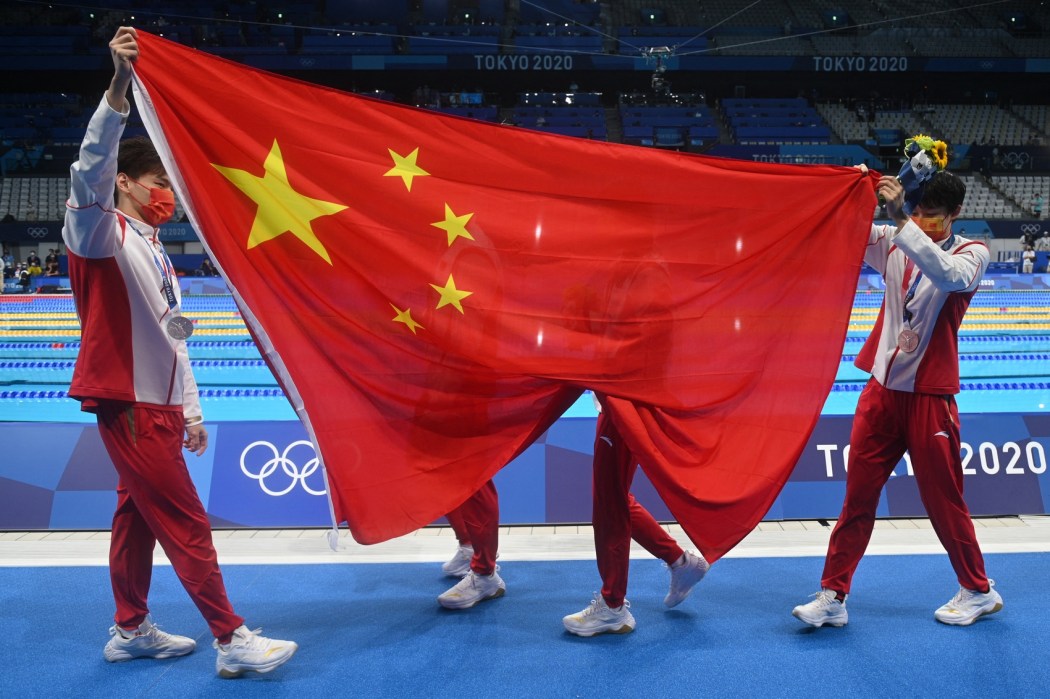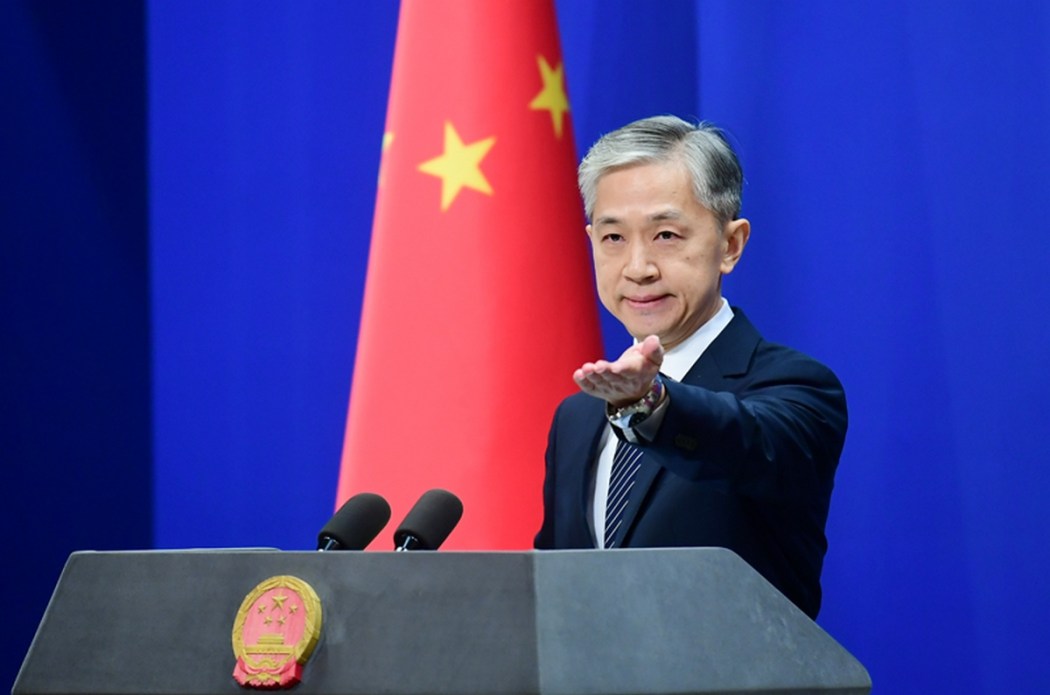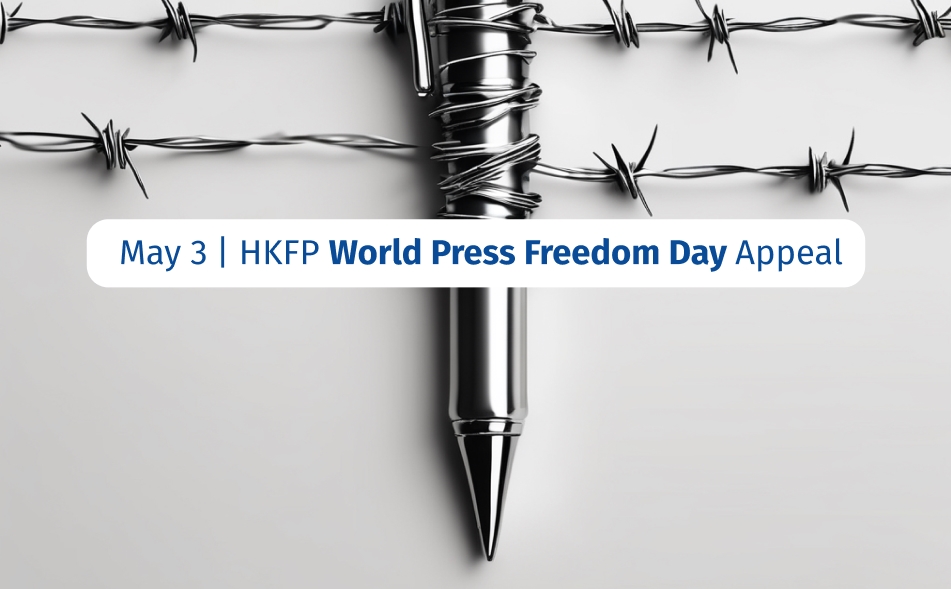By James Edgar
Beijing on Monday called reports about 23 Chinese swimmers testing positive for a banned substance ahead of the Tokyo Olympics in 2021 “fake news”.

The sport was rocked at the weekend by revelations that the swimmers tested positive for trimetazidine (TMZ) — a prescription heart drug that is banned in athletes because it can enhance performance — before the Games three years ago.
The swimmers were allowed to compete in Tokyo after world governing bodies accepted China’s findings that they had ingested it unwittingly from food during a competition in late 2020 and early 2021.
Several went on to win medals, including gold, and many are in line to compete at the Paris Olympics this summer.
China’s foreign ministry on Monday hit back at the widespread reports, which first emerged in the New York Times and German broadcaster ARD on Saturday and cited a review of confidential documents and emails.
“The relevant reports are fake news and not factual,” said foreign ministry spokesman Wang Wenbin.

World anti-doping agency WADA has said there was “a lack of any credible evidence” to challenge China’s version of events.
“I believe you will also have noted that the World Anti-Doping Agency has put out a very clear response,” Wang said.
However, the United States Anti-Doping Agency called news of the failed tests “crushing” and has blasted WADA’s response as “a devastating stab in the back of clean athletes”.
‘Detailed’ probe
Wang said China’s anti-doping centre conducted an “in-depth and detailed” probe into the incident, which found the athletes had ingested contaminated drugs “without their knowledge”.
“The Chinese swimmers involved were neither at fault nor guilty of negligence, and their behaviour did not constitute a doping violation,” he told a regular press conference in Beijing.
“After an investigation, WADA affirmed the findings of the China anti-doping centre.”
An Australian coach who works with the Chinese Swimming Association also rejected claims of systemic state-run doping, saying it is “so far from anything I have seen”.
Denis Cotterell, who has coached drug-tainted Chinese swimmer Sun Yang, told The Sydney Morning Herald he disputed “any suggestion of anything orchestrated”.
“Am I confident that it’s not dastardly? Not for one minute (do I believe that). I wouldn’t be here (if it was),” Cotterell told the newspaper by phone from the pool deck of the Chinese Olympic trials in Shenzhen, in comments published Monday.
“I am happy to say I’m absolutely in support of my swimmers and dispute any suggestion of anything orchestrated,” the 74-year-old said.
Cotterell, who has had an on-off association with Chinese swimming for more than a decade, said he was speaking from first-hand experience.
“I see what they (the swimmers) go through, I see the measures, I can tell you the stories. I know the facts and I am comfortable,” he said.
“The suggestion that it’s systemic is so far from anything I have seen here the whole time.”
Chequered history
ARD aired a documentary on the subject Sunday, with the Montreal-based WADA issuing a fresh statement afterwards.
“The agency still stands firmly by the results of its scientific investigation and legal decision concerning the case,” it said.
Wang said the Chinese government “consistently upholds a resolutely zero-tolerance position when it comes to doping”, adding China upholds “fair competition” in sport.
Chinese swimming has a chequered doping history. Seven Chinese swimmers tested positive for steroids at the 1994 Asian Games in Hiroshima.
In 1998, swimmer Yuan Yuan was banned after Australian customs officers discovered a large stash of human growth hormone in her bags at the world championships in Perth.
More recently, three-time Olympic champion Sun is just about to finish a second doping ban. His first, in 2014, was for taking TMZ.
Dateline:
Beijing, China
Type of Story: News Service
Produced externally by an organization we trust to adhere to high journalistic standards.
Support HKFP | Policies & Ethics | Error/typo? | Contact Us | Newsletter | Transparency & Annual Report | Apps
Help safeguard press freedom & keep HKFP free for all readers by supporting our team

LATEST FROM HKFP
HKFP has an impartial stance, transparent funding, and balanced coverage guided by an Ethics Code and Corrections Policy.
Support press freedom & help us surpass 1,000 monthly Patrons: 100% independent, governed by an ethics code & not-for-profit.










